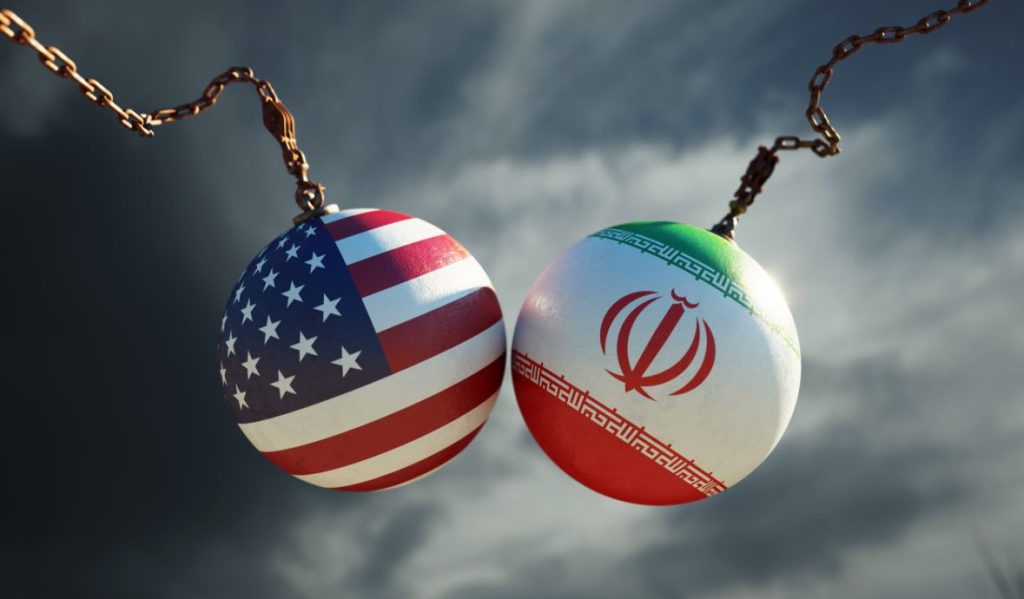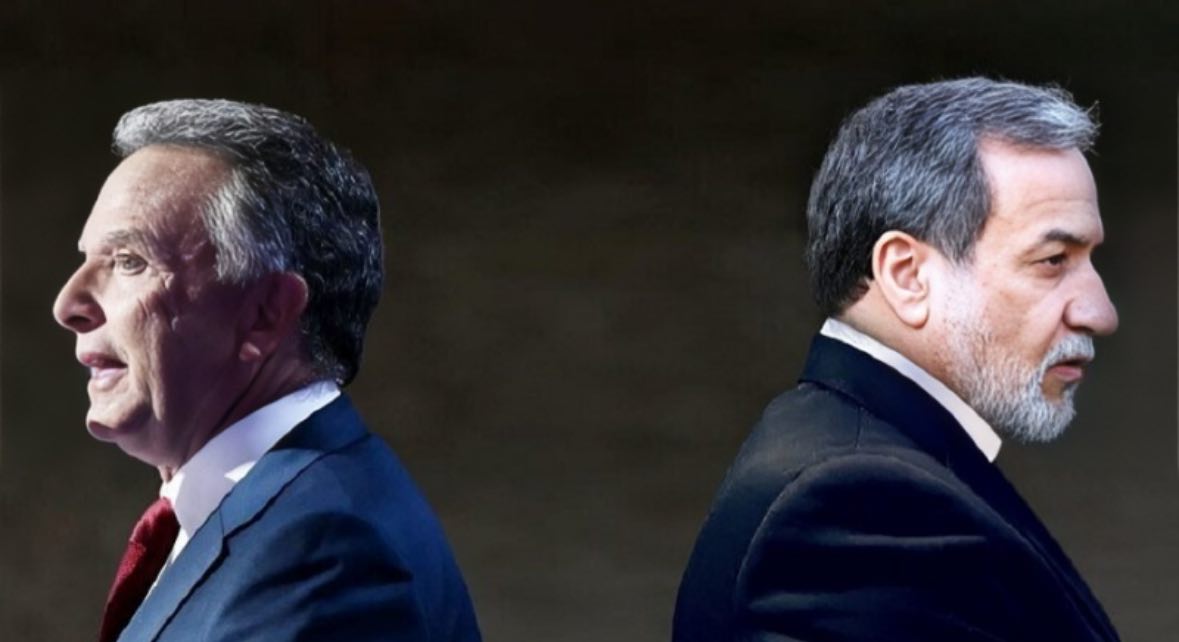Diplomacy at an Impasse: Tehran Awaits Washington’s Inclination
Diplomacy at an Impasse: Tehran Awaits Washington’s Inclination
According to IranGate News Agency, following the end of the 12-day war between Iran and Israel, whose reflections and consequences still cast a shadow over the political and security atmosphere of the region, the prospect of resuming nuclear negotiations between the Islamic Republic of Iran and the United States, as well as Tehran’s interactions with the European Troika, has once again become the focus of political and media circles.
While many international observers and players expected tensions to decrease and the groundwork for returning to the negotiation table to be laid after the recent conflict ended, current evidence suggests that the negotiation atmosphere remains complex, doubtful, and marked by mutual distrust.
The indirect negotiations between Tehran and Washington, which have been repeatedly mentioned by officials from both sides and intermediary sources over the past months, have not yet entered an operational stage.
Simultaneously, Iran’s talks with the three European countries involved in the nuclear agreement known as the JCPOA have also remained unproductive despite holding a meeting in Istanbul, and no signs of setting a timeline for continuing negotiations are visible.
In the meantime, the current situation indicates the continuation of fundamental gaps and disagreements among the negotiating parties.
Tehran insists that the talks should be pursued solely within the framework of the nuclear dossier and with respect for international rights, while Western parties, especially European countries, also have on their agenda issues beyond nuclear topics, including Iran’s missile program, its regional role, and cooperation with international monitoring bodies.
On the other hand, coordinated behaviors and stances among the US, Europe, and Israel have led to speculations about the level of security and intelligence coordination among these three actors, a subject that has heightened sensitivities in the current diplomatic atmosphere.
In such conditions, the central question is whether there is fundamentally a way out of this diplomatic impasse, and if the negotiations are to be resumed, which party will offer the initiative and proposed framework.
This report attempts to impartially address the current state of the talks, the factors affecting the halt in negotiations, and the possible outlooks for the future.

About two months have passed since the end of the 12-day war between Israel and Iran, a conflict that had widespread regional and international repercussions. During this time, despite some statements from experts and officials about the possibility of resuming indirect talks between Tehran and Washington, negotiations between the two sides have not yet begun. Meanwhile, consultations with European countries have also not reached a definitive result. Although a meeting was held between Iran and the European Troika at the deputy foreign minister level in Istanbul, these talks ended without a specific outcome, and there are no signs of their continuation in the near future.
Reports released after this meeting indicate the emergence of disagreements and dissatisfaction among the European parties. Although it was announced that both sides emphasized continuing the talks, no scheduled timeline for the next round of negotiations has been provided. This has led analysts to express doubts about the likelihood of this process continuing.
On the surface, Iran’s negotiating path with Europe seems separate from talks with the US, but in reality, these two processes are inherently connected.
Some reports suggest that Washington prefers the talks to proceed directly with Tehran, with European countries merely playing a supporting role.
Nonetheless, there is evidence of ongoing coordination between American and European officials, including constant communications at the foreign ministers’ level. Additionally, Israel’s role in these coordinations is prominent, and information regarding the negotiation process is shared with Tel Aviv before meetings with Iranian officials.
It seems that the overall negotiation atmosphere has encountered a sort of deadlock.
Western parties emphasize the complete halt of enrichment activities in Iran, while Tehran considers this a red line and demands that negotiations be limited to nuclear issues.
Moreover, non-nuclear issues such as the missile program and regional developments have also been introduced into the negotiation framework by some Western players, complicating the process further.
In response to this situation, Iran has suspended some of its cooperation with the International Atomic Energy Agency and has left the status of its high-enriched uranium reserves ambiguous.
Some observers view this approach as a form of nuclear ambiguity policy aimed at increasing bargaining power in future negotiations.
It is also said that Iran is considering initiatives for more active participation in the talks, although no specific details of these initiatives have been released yet.
Despite Iranian officials, including the president, emphasizing the necessity of returning to negotiations, it remains unclear what specific strategy Tehran will have for advancing the talks if this occurs.
Without such a strategy, it is likely that the negotiations will be limited to hearing the positions of the opposing side and will not yield tangible results.
Meanwhile, the recent agreement between the Israeli Prime Minister and the US President, giving diplomacy a two-month chance, has not yet led to any concrete movement.
With about 50 days passed since that agreement, no signs of official talks between Iran and the US have been observed, and indirect communications through intermediaries also appear to have halted.
Simultaneously, Washington’s inclination to enter negotiations seems to have diminished, and on the Iranian side, there are no signs of practical steps to return to the negotiation table.
Overall, the current atmosphere indicates a lack of the necessary political will to resume effective and fruitful negotiations.
Unless an unforeseen development changes the situation and creates a serious motivation for both sides to return to talks.

